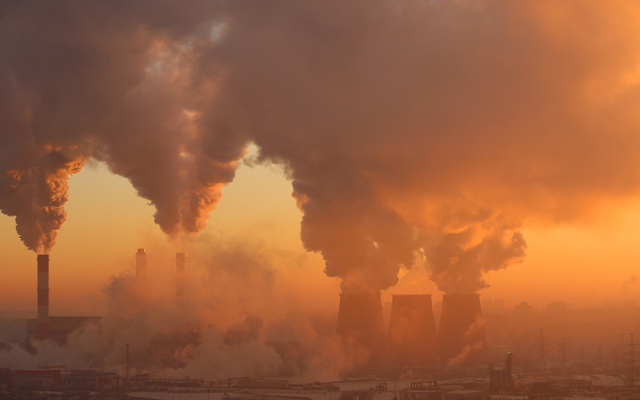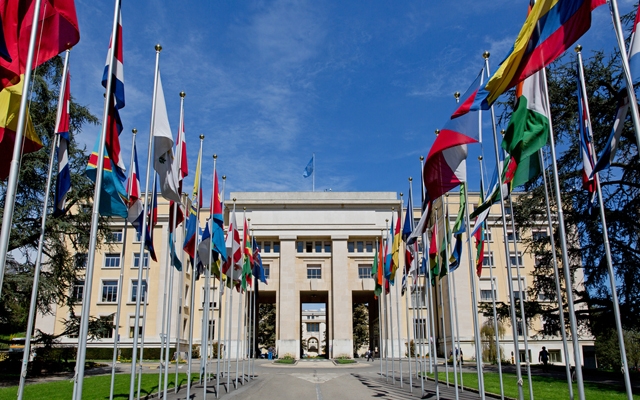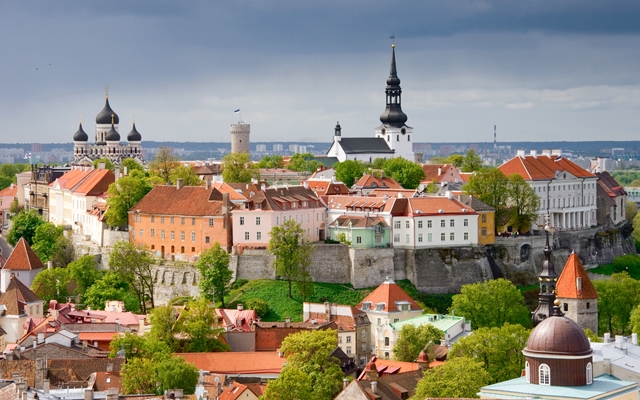Germanwatch’s Climate Change Performance Index calls itself “an instrument supposed to enhance transparency in international climate politics.” It ranks nations around the globe on emissions levels and efficacy of ecological policy. It also provides current information on climate change, as well as data from previous years to monitor our improvement or our steep, careening decline. The index ranks on five criteria: emissions level, emissions development, renewable energy, efficiency, and policy— and Canada’s not doing so hot.
“Canada still shows no intention of moving forward with climate policy and therefore remains the worst performer of all industrialized countries” states the Index on why Canada is doing so poorly.
That’s even with David Suzuki on our side. The Suzuki Foundation website has stated “our government is abandoning responsibility to the global community of nations that seeks to cooperate on climate solutions. More than ever, it looks like a Canadian response to climate change will rest with individual Canadians like you and me” in acknowledgement of the dismal ranking.
For two years in a row Canada has placed third from the bottom ahead of only Kazakhstan, Saudi Arabia and Iran on the full list. It’s actually China that has the most overall emissions, followed by the USA, but China’s decreased its rates by two thirds since last year, and the USA is working on its policy, so while neither are doing enough, they still rank above the not so great North.
Canada is last, but even the number one nation, Denmark, isn’t adequately addressing the situation, says the Index.
I’m gonna throw some information at you.
The North Pole is currently a lake. The Arctic, on our current emission’s trajectory, has every possibility of being ice-free by 2015.
Massive extinction of complex life on earth has happened a few times before, always due to rapid change caused by increased carbon dioxide levels in the atmosphere. For some reason, we’re daily releasing millions of tons of carbon into the air, and thinking we’ll be just fine. Rich in fact. First the earth will get uninhabitably hot, and then there will be an ice age.
Even a plateau of global emissions by 2020, which the Index notes as a distant possibility, is no guarantee for limiting the rise in global mean temperature to below 2°. We’ve assured ourselves of a 2° increase in the Earth’s temeperature in the next 15 years. A 4-6° increase means catastrophic climate change, acid oceans, and an uninhabitable Earth.
Bill McKibben’s book Eaarth: Making a Life on a Tough New Planet highlights current environmental changes, to the worse, are ahead of previous predictions for the situation at the end of the 21st century. It hammers home that this isn’t a problem for the future, but right now. Full decarbonization of the planet has to happen by 2030, or by mid-century the Earth will no longer be suitable for the human race. I know this is hard to hear.
We simply can’t continue to burn fossil fuels, for energy or in cars. We have to stop immediately. This is about us right now and our lives, and the potential demise of mankind. For real. And phrases like “gleam of hope” are losing their glimmer daily.
Positive news: This year, for the first time, “researchers observed a decoupling of GDP growth and emissions increase” in China. This means that as China’s emissions growth has reduced to one third of their previous rates of inflation, this decline does not correspond to a decline in growth of the Gross Domestic Product. This offers hope to the suggestion that governments can stay rich without being environmentally slaphappy. We need to use the global economical crisis as a moment to change our policies communally, not continue our competition. It should be a wake-up call, like a pause.
In Canada, Ontario Premier Kathleen Wynne has announced a new legislation, the Ending Coal for Cleaner Air Act, which will permanently ban coal-fired electricity from the province, making Ontario the first jurisdiction in North America to do so. It’s a glimmer, but a little too much like a headlight blinking at the bottom of the ocean.
Here’s a link to the actual index. Written in plain language, it’s readable, and a good repository if you’re looking for climate change information but don’t know where to go. Check it out. http://germanwatch.org/en/download/8599.pdf












